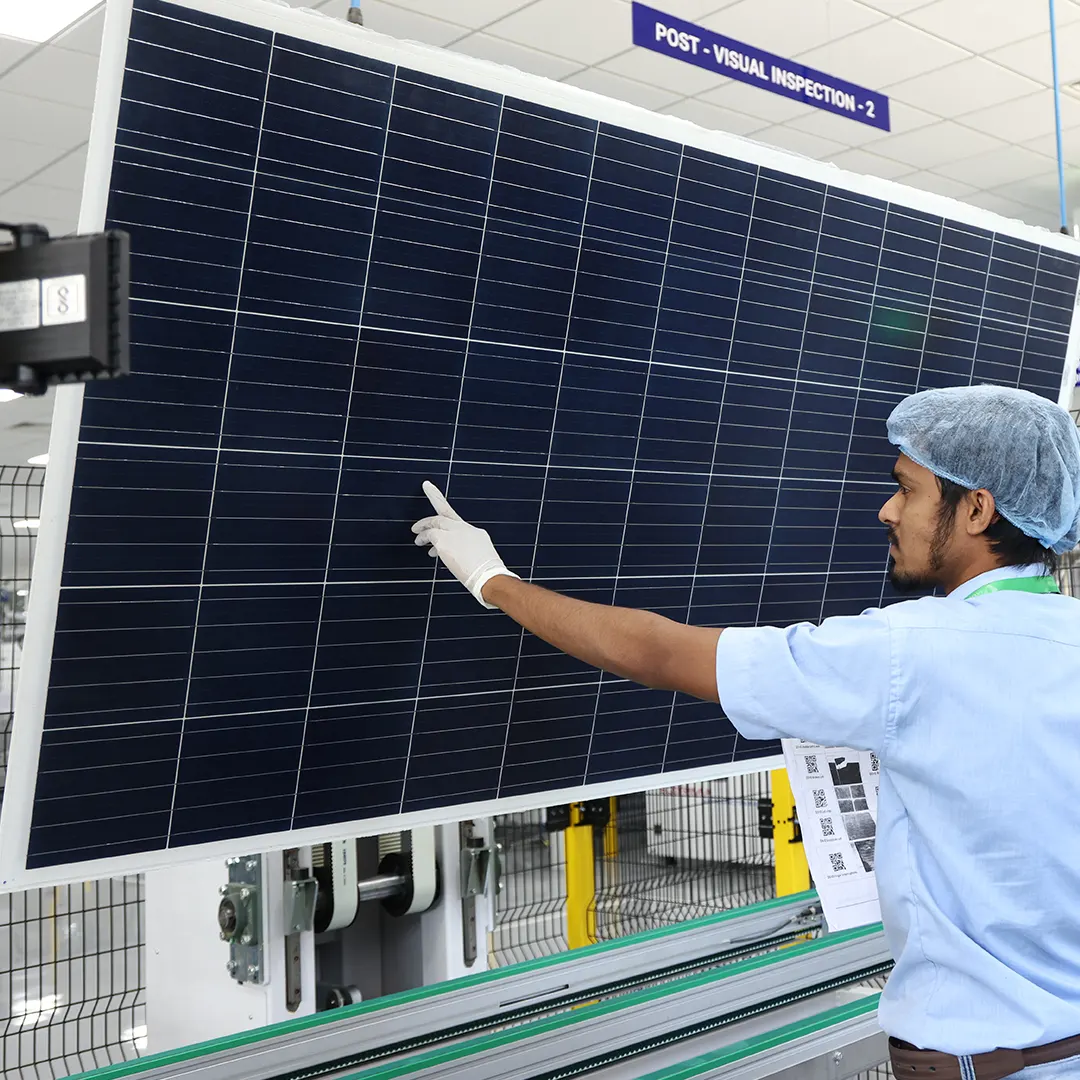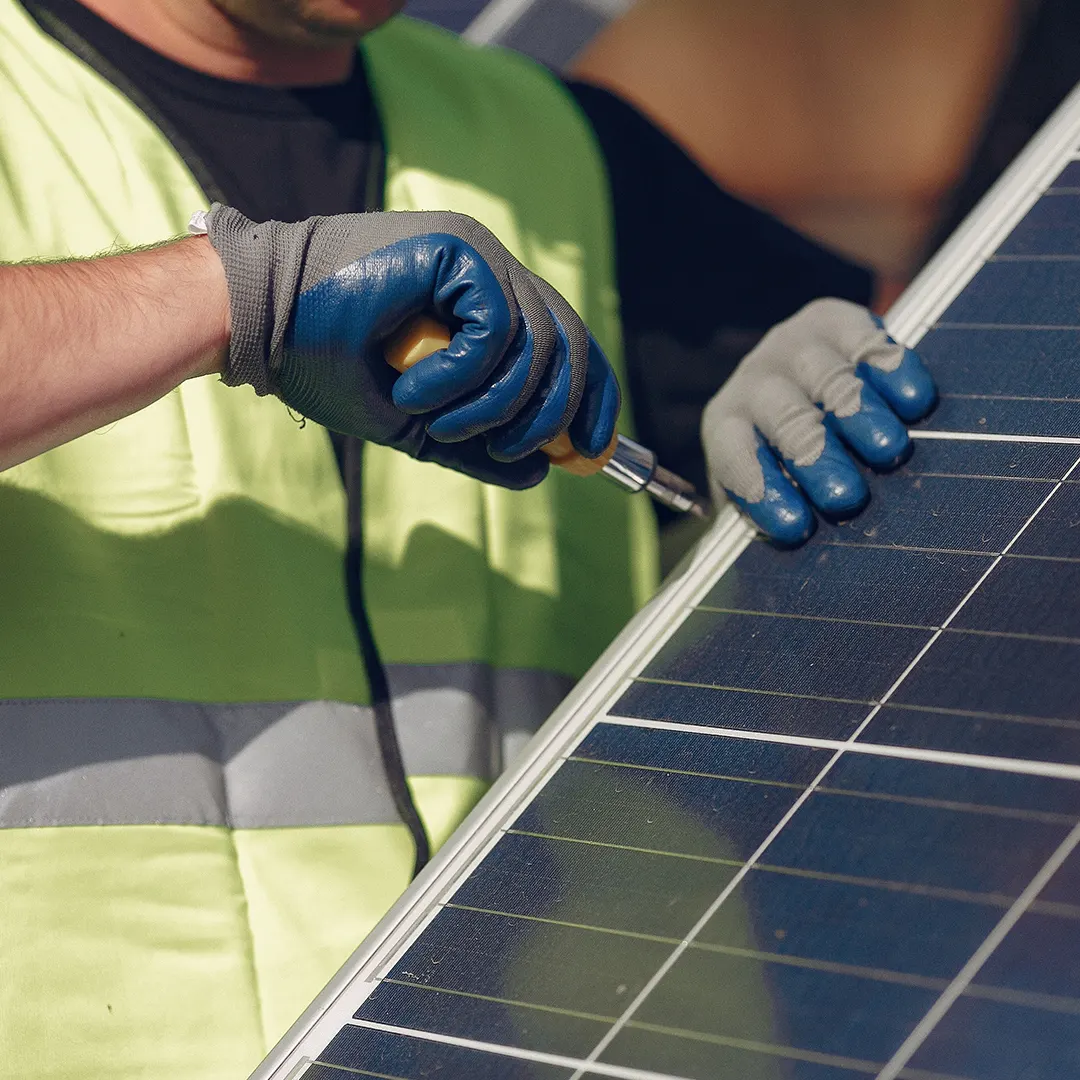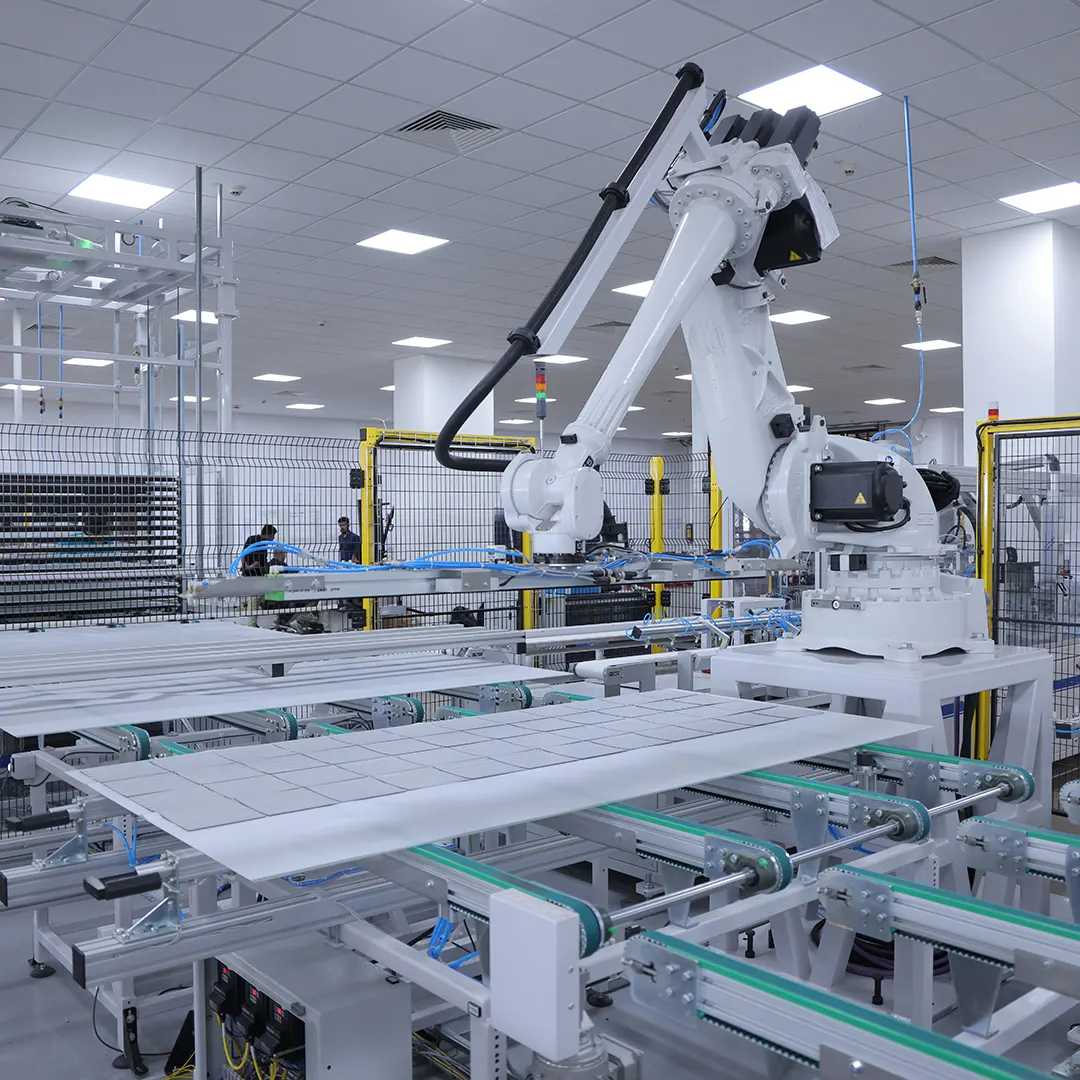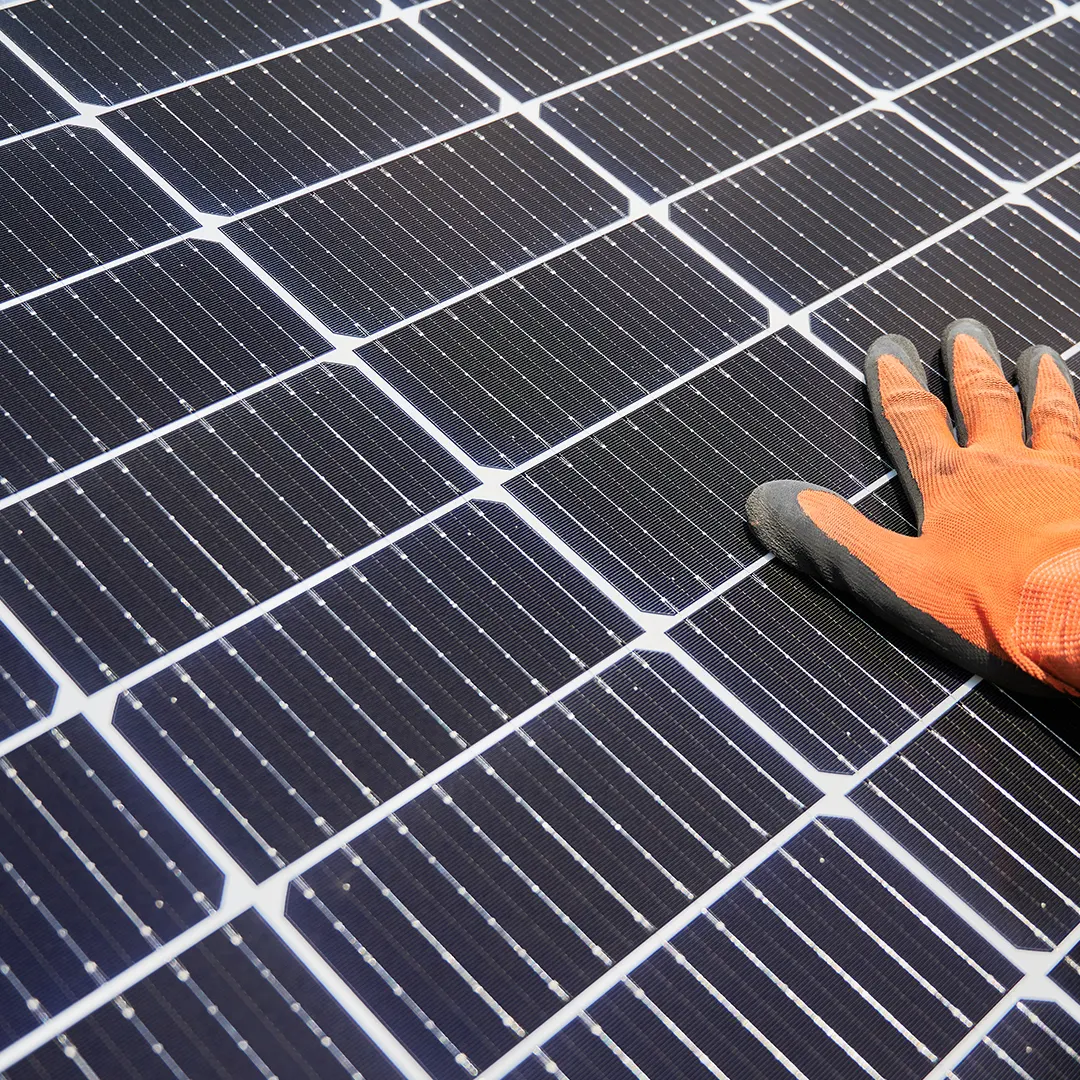
Easy Guide to Choosing High-Quality Solar Panels
Solar panels have become a popular choice for harnessing the sun's power to generate electricity. However, not all solar panels are created equal. Ensuring you choose high-quality solar panels is crucial to maximize the efficiency and longevity of your solar energy system. In this blog, we’ll explore how to identify top-quality solar panels by considering key factors, including visual inspection, certifications, and manufacturer credentials.
Importance of Choosing High-Quality Solar Panels
Selecting high-quality solar panels is essential for several reasons:
Efficiency: High-quality solar panels are designed to capture and convert sunlight into electricity more effectively. This means better performance and higher energy output.
Durability: Quality panels are built to withstand environmental factors such as extreme temperatures, humidity, and wind. Investing in durable panels ensures long-term reliability and fewer maintenance issues.
Cost-Effectiveness: While high-quality panels may have a higher upfront cost, their efficiency and durability can lead to cost savings over time through reduced energy bills and fewer replacements.
Warranty and Support: Top-quality panels often come with better warranties and support from manufacturers, giving you peace of mind and protection against potential issues.
Low Degradation rate: The degradation rate of solar panels is a crucial factor in assessing the long-term efficiency of a solar system. It refers to the rate at which a panel's performance diminishes over time. While all solar panels will experience some degree of degradation, high-quality panels are designed to minimize this effect. Therefore, opting for panels with a low degradation rate ensures that your solar system maintains higher efficiency and performance over its lifespan.
Better ROI: High-quality solar panels are built to last longer than their lower-quality counterparts. This longevity translates to a higher return on investment (ROI) over the years, as they continue to perform efficiently and require fewer replacements or repairs.


Visual Inspection for Solar Panel Quality
One of the simplest ways to assess the quality of a solar panel is through a visual inspection:
Uniform Color: High-quality solar panels should have uniform color and texture across all cells. Discoloration or irregularities can indicate defects or poor manufacturing processes.
No Cracks or Damages: Check for any visible cracks, scratches, or damages on the surface of the solar panel. These can affect performance and lead to early failures.
Labeling and Alignment: Check the product labeling and ensure the photovoltaic panels are properly aligned to confirm they meet quality standards
Product Dimensions: Verify that the product dimensions match the specified specifications.
How to Check Quality of Solar Panels
Check Markings and Certifications
Ensure that the solar panel has the appropriate certifications. Look for IEC, UL, or ISO symbols, which indicate that the panels meet established industry standards. Panels lacking these certifications may not be reliable or perform optimally.
Measure Electrical Parameters
Assessing the electrical performance of the solar panel provides valuable insights into its quality. Measure the open-circuit voltage, short-circuit current, and power output. Discrepancies from the manufacturer’s specifications could signal potential quality issues.
Evaluate Solar Panel Materials
Examine the materials used in the solar panel. High-quality panels typically feature tempered glass, robust aluminum frames, and durable junction boxes. Inferior materials can lead to faster wear and reduced lifespan of the panels.


Manufacturer Credentials and Quality Assurance
When selecting solar panels, it's essential to consider the manufacturer. Opt for a company with over a decade of experience, as they are likely to provide reliable warranties and offer easy support if issues arise.
Years in Business: Established manufacturers with a long track record are more likely to produce reliable products.
Reputation: Research the manufacturer’s reputation in the industry and customer reviews to gauge their reliability.
Quality of Bill of Materials (BOM)
The Bill of Materials (BOM) lists all components used in the panel:
Component Quality: Verify that the components listed are of high quality and sourced from reputable suppliers.
Transparency: A transparent BOM indicates a commitment to quality and allows you to assess the materials used.
Testing and Certifications
Performance Testing: Ensure the panels have undergone rigorous performance testing to validate their efficiency and durability.
Certifications: Check for additional certifications from independent testing agencies that verify the panel’s quality and performance.

Common Defects Found in Solar PV Inspection:
During the inspection of PV/solar cell production, several defects that can impact the quality and efficiency of solar panels are commonly identified. These include:
Cell Defects: Issues such as micro-cracks, broken connections, or non-functional cells can significantly reduce panel efficiency.
Hot Spots: Areas that overheat compared to the rest of the panel can cause permanent damage and decrease overall performance.
Solar Back Sheet Damage: Damage from manufacturing flaws, mishandling during transport, or environmental exposure can compromise the panel's integrity.
Junction Box Defects: Problems like loose connections, inadequate seals, or physical damage to the junction box can affect the panel's safety and functionality.
Electrical Defects: Issues such as short circuits, open circuits, or partial shading can negatively impact the solar panel's performance.
Wrapping Up
When selecting high-quality solar panels, it's essential to evaluate various factors such as appearance, branding, performance parameters, and materials. Additionally, consulting with other users' experiences and seeking professional advice can provide valuable insights and guidance
As the demand for high-quality solar equipment and components increases, it is crucial to invest in the best products available. However, navigating the intricate solar panel production cycle and avoiding inferior products can be a challenging task Choosing top-quality solar panels is crucial for maximizing the benefits of solar energy . By conducting a thorough visual inspection, checking certifications, measuring electrical parameters, evaluating materials, and considering manufacturer credentials, you can ensure that you invest in solar panels that offer optimal performance, durability, and value.